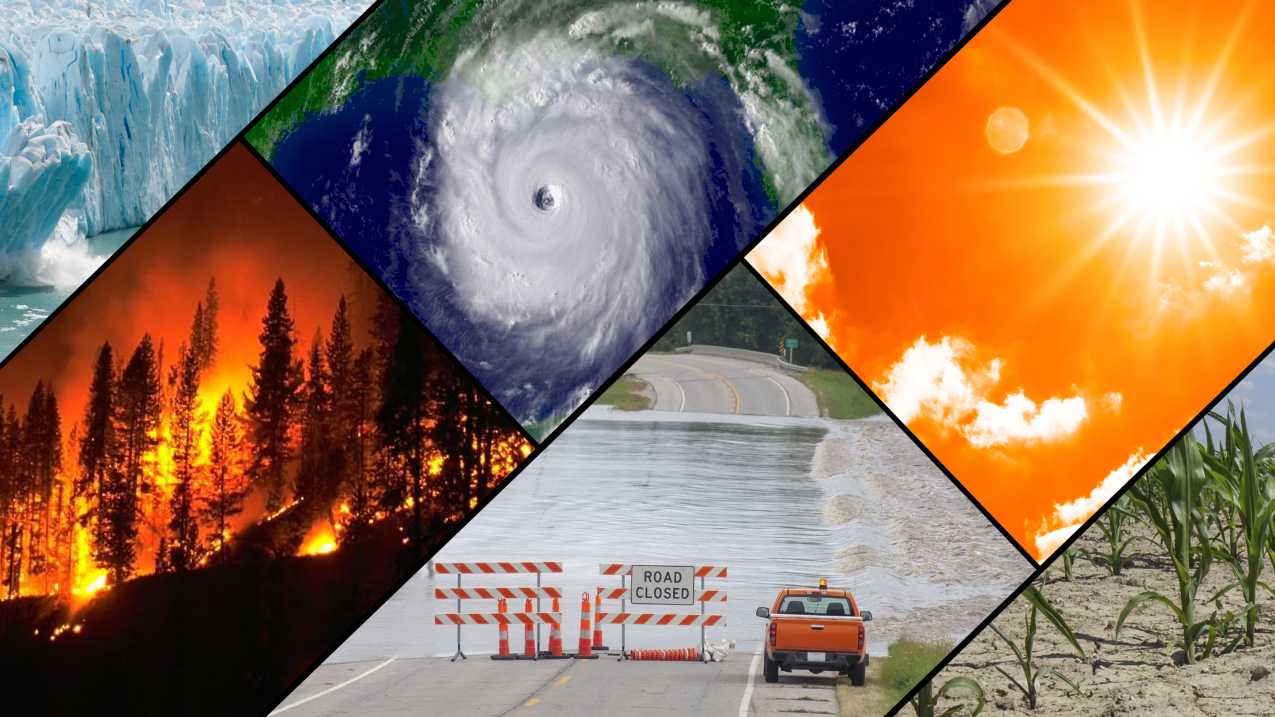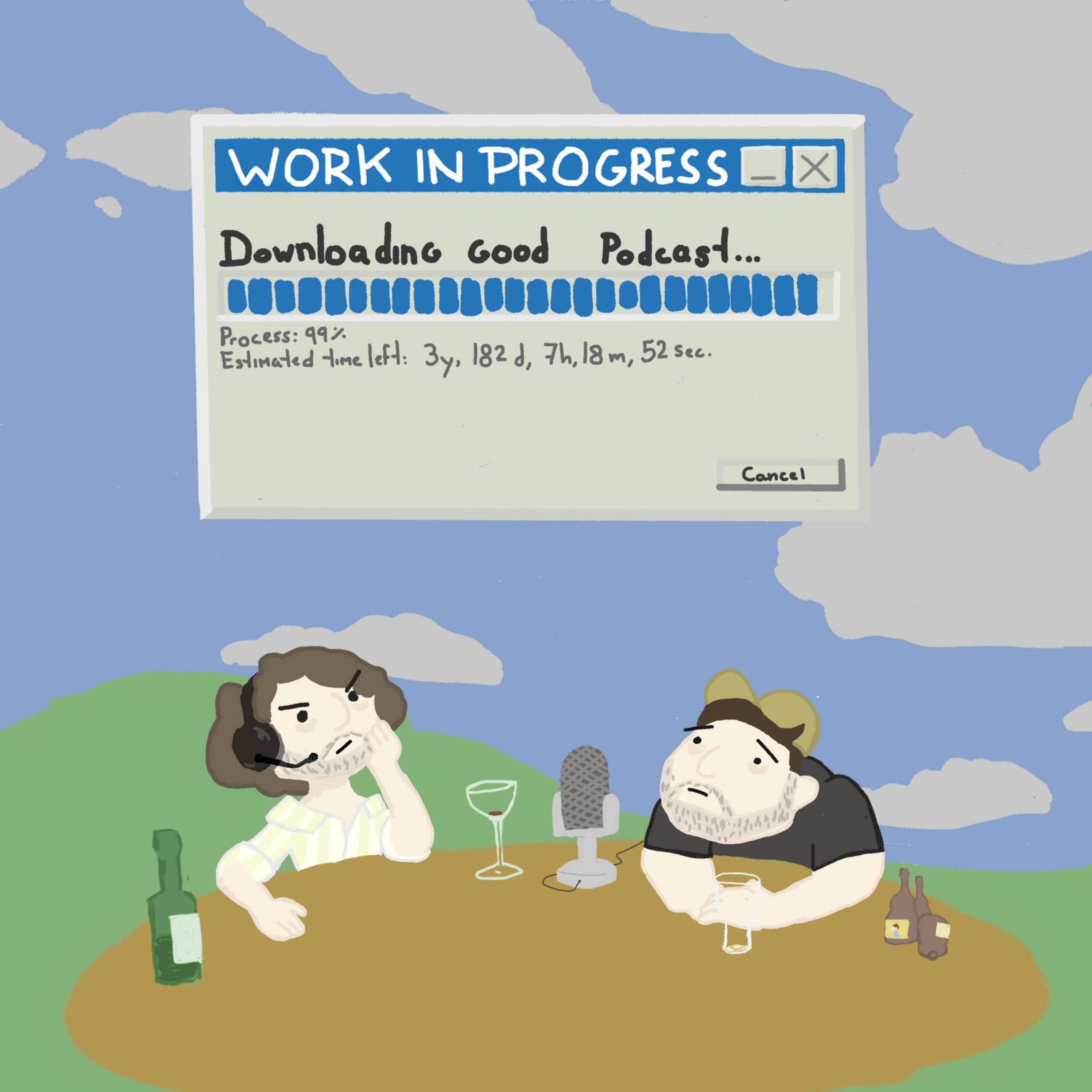In a polarized society, science communicators must overcome partisanship.

Trust in institutions seems hard to find today. The trust of Dutch citizens in the government’s ability to rule effectively is historically low. But there is also a lack of trust in the science the politicians base their decisions on, and their civil servents base their governance on. Vaccine skeptics distrust the national health agency even during the covid crisis and climate change deniers present ‘alternative calculations’ about nitrogen emissions.
No small wonder communicating the urgency of the climate crisis hard. In order to implement climate change policies, we must gain and maintain public support[10.1038/nclimate1080].
Facts are not enough
For the general public, climate scientists have the challenging task of translating their work into ways that will be both understood and appreciated.
It’s not enough to emphasize the facts — not everyone wants to know the facts. People can be convinced against believing in climate change by appealing to their distrust of people in positions of power, or their relative comfort in the status quo. The latter especially has an impact on people’s tendency to doubt climate change. A conviction of the legitimacy of the status quo is an especially powerful predictor for climate skepticism, even more than political affiliation.
“Those capable of legitimizing existing inequality […] won’t be reached with the current communication.”
Jylha, psychologist at the University of Kent
Populists and lobbyists can prey on this fact. In the public debate, scientists are held to a much higher standard than their opponents. They do not have the luxury of using exagarration, and cannot show any ideological conviction or emotional arguments.
Education breeds partisanship
If the scientific literacy of the public was better, communication of scientists would be greatly simplified. Of course, increased understanding of scientific research helps people put more weight on the facts relative to other arguments.
So should we improve the science literacy aspect of education? Of course. But it’s doubtful this be a solution to the problem that climate skeptics exist. A 2012 study[10.1038/nclimate1547] showed that the public that understands science the best, is not among those most concerned about climate change. The researcher’s data suggests that educated people are more skilled in finding a group with similar attitudes and values, meaning that once convinced of something, changing their opinions is hard.
“Educated citizens are among the most invested partisans”
Mark R. Joslyn, Donald P. Haider-Markel in Who Knows Best? Education, Partisanship, and Contested Facts
Other research shows similar results. A 2014 study[10.1111/polp.12098] on links between partisanship and education showed that “educated citizens possess the cognitive skills to reject facts inconsistent with prior dispositions”. Again, partisanship is an issue, with the data highlighting the contradiction of education being crucial for a functioning democracy, but “creating resistant, insular democratic participants” at the same time.
Takeaway
Good communication is important, now more than ever. With the world on the brink of ‘disastrous’ climate tipping points, science communicators must find ways of reaching a polarized public. It is necessary to push the debate to a place where the facts can be presented and considered without threatening any one group’s values.



Your blog reminds me of the ongoing debate about whether Nuclear plant is safe or not in Korea. As you said, in Korea, with this polarization of political orientation, digital media has taken an important role in this debate. Here, Twitter, Facebook, Instagram, and any kind of social media has become a place for commenting on people’s ideas on the news and politicians’ decision about the nuclear plant system. The thing is it is so easy to be trapped in one’s echo chamber due to the algorithm of digital media. Also, with the convenience of creating content on social media, there has been so much fake news around the topic.
Definitely! In more traditional media, you can generally know if a publisher is trustworthy and correctly sourced, i.e. if some piece of information is claimed to be said by a scientist or scientific institution you can trust this.
But on social media — and with in-person conversations, let’s not forget that — you’re interacting with individuals who often have much more apparent biases and have no one to hold them accountable for sourcing their claims.